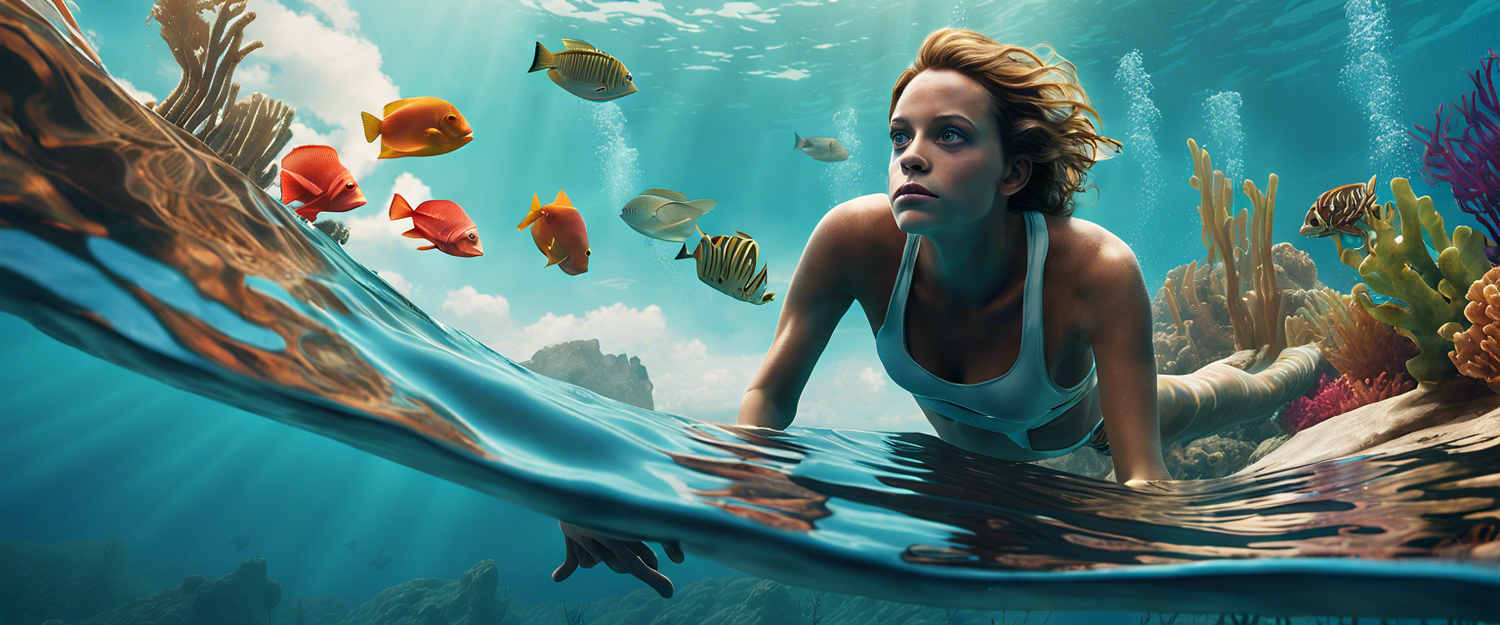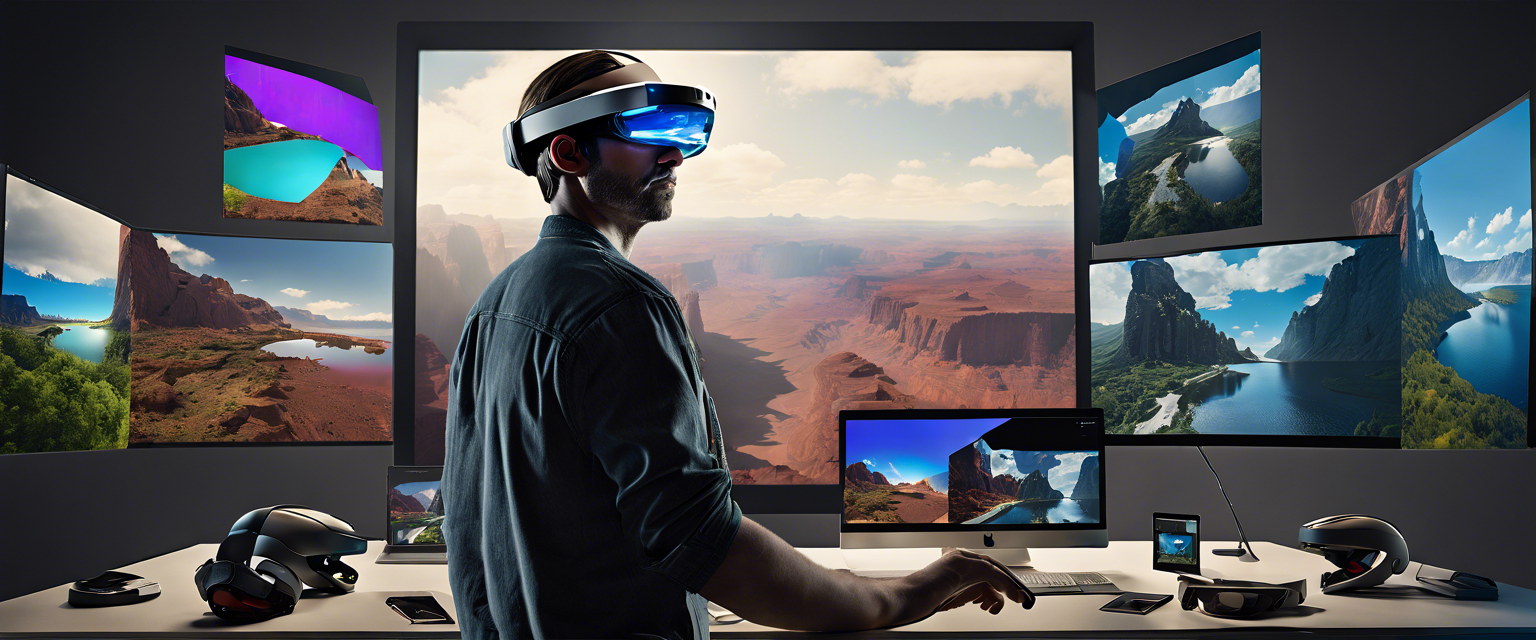Exploring the Future of Immersive Filmmaking in Apple’s Vision Pro with "Submerged"
As technology advances, the way we consume stories evolves too. One of the latest milestones in this realm is the debut of Submerged, the first scripted short film shot in Apple Immersive Video for the Vision Pro. Directed by Oscar winner Edward Berger, this film takes viewers into the dark, claustrophobic world of a WWII submarine under attack, creating an unnerving yet fascinating experience.
Immersive Experience: A Personal Encounter with the Film
Attending the screening of Submerged in Apple's New York demo space felt surreal. Strapping a headset onto my face, I was transported into the depths of a submarine. The film offers an innovative viewing experience where the viewer can choose to focus not only on main characters but also on the intricacies of the setting, from rivets on the walls to droplets of condensation in torpedo tubes. This duality creates an immersive atmosphere reminiscent of participatory theater.
180-Degree Field of View: New Filmmaking Challenges
Berger faced unique challenges while adapting traditional filmmaking techniques to an immersive 180-degree field of view. He emphasizes that every detail in the frame must captivate the audience, transforming each shot into an opportunity for storytelling. This means meticulous storyboarding, integrating mics and lighting into the scenery, and adjusting how the camera moves within the narrative. These aspects demand a shift in approach when crafting a story, making it imperative to fill the frame with engaging elements.
Emotional Engagement: Making Audiences Feel
Berger’s main goal was to induce the emotional experiences of the main character within the audience. While watching Submerged, I found myself feeling claustrophobic as the characters navigated narrow submarine corridors. The depth of immersion was compelling; at times, I felt as if I were genuinely part of the action. But the tether to reality remained palpable—it was hard to forget that I was inside a headset.
The Loneliness of Immersive Experiences
One of the key takeaways from my experience was the awareness of solitude. In contrast to the communal atmosphere that a traditional cinema provides, the immersive nature of Submerged leaves you alone with your thoughts. There aren’t fellow viewers to share gasps with or to engage in post-film discussions. This highlights a potential limit of immersive films in their current form—unless you own the Vision Pro, your ability to share this experience is nonexistent, making it exclusive and somewhat isolating.
The Vision Pro: A Technological Leap or a Sales Tool?
Apple aims to position immersive films like Submerged as a compelling reason to invest in the Vision Pro, priced at $3,500. However, despite its impressive technical execution, I found it difficult to assert that this short film justifies the cost alone. With only 17 minutes of content, it remains debatable whether longer immersive experiences would hold the same allure.
Balancing Innovation with Storytelling
Berger himself acknowledges that not every narrative fits the immersive medium. He illustrates the Vision Pro as merely another tool for storytellers. The medium provides an opportunity to push creative boundaries, but it should be approached with discernment about the stories it serves best.
Conclusion: The Future of Storytelling Awaits
In the end, Submerged serves as a fascinating glimpse into the future of immersive storytelling but also prompts conversations about accessibility and shared cinematic experiences. While technology can enhance our interactions with narratives, one might wonder if the visceral impact of a story can stand alone, without the adornments of immersive technology. As we watch, explore, and discuss these innovations, the ultimate question remains: how will they reshape our relationship with storytelling in the years to come?



댓글 남기기
모든 댓글은 게시 전 검토됩니다.
이 사이트는 hCaptcha에 의해 보호되며, hCaptcha의 개인 정보 보호 정책 과 서비스 약관 이 적용됩니다.